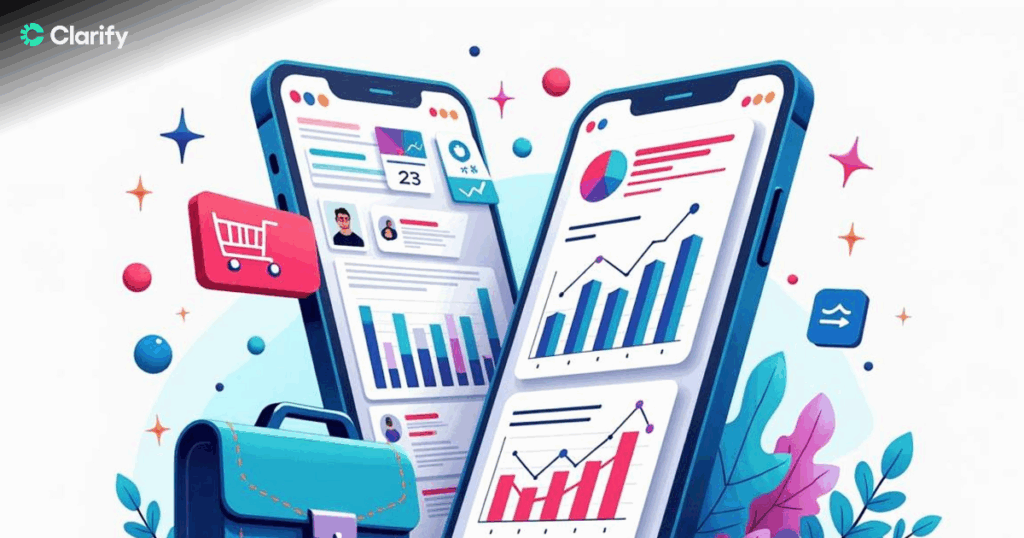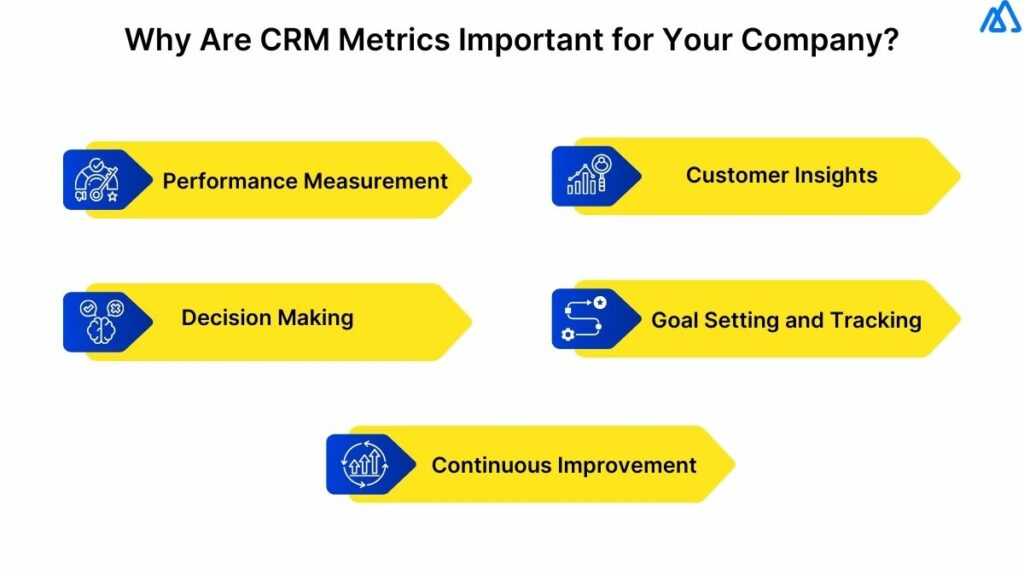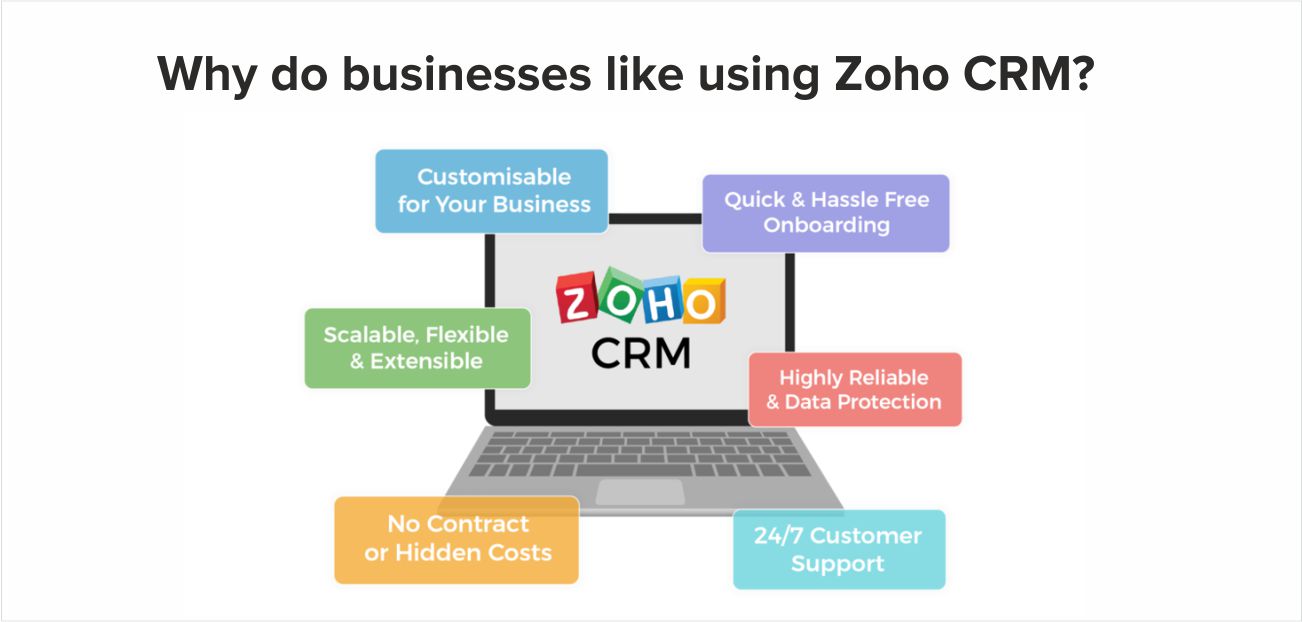Small Business CRM Security in 2025: Fortifying Your Fortress Against Cyber Threats

Small Business CRM Security in 2025: A Comprehensive Guide
The landscape of business is constantly evolving, and with it, the threats that small businesses face. In 2025, the reliance on Customer Relationship Management (CRM) systems is more crucial than ever. These systems are the lifeblood of many small businesses, housing sensitive customer data, managing sales pipelines, and driving marketing campaigns. However, this very centrality makes them prime targets for cyberattacks. This comprehensive guide delves into the critical aspects of small business CRM security in 2025, providing actionable insights and strategies to fortify your digital fortress.
Understanding the Evolving Threat Landscape
The threat landscape is dynamic. Cybercriminals are becoming increasingly sophisticated, employing advanced techniques to breach security measures. Small businesses, often perceived as less secure than larger enterprises, are particularly vulnerable. Understanding the evolving threats is the first step in building a robust security posture.
Key Threats to CRM Security in 2025
- Ransomware Attacks: Ransomware remains a significant threat. Cybercriminals encrypt critical data, including CRM data, and demand payment for its release. Small businesses are often targeted because they may lack the resources to effectively defend against these attacks.
- Phishing and Social Engineering: Phishing attacks continue to be a primary entry point for cyberattacks. Cybercriminals use deceptive emails and websites to trick employees into revealing sensitive information or installing malware. In 2025, these attacks are becoming more personalized and sophisticated.
- Data Breaches: Data breaches can occur due to vulnerabilities in CRM software, weak passwords, or insider threats. The consequences of a data breach can be devastating, including financial losses, reputational damage, and legal repercussions.
- Malware and Spyware: Malware and spyware can be used to steal CRM data, monitor user activity, and disrupt business operations. These threats can be introduced through infected files, malicious websites, or compromised software.
- Insider Threats: Insider threats, whether malicious or unintentional, pose a significant risk. Employees with access to CRM data can inadvertently or intentionally compromise security.
Essential Security Measures for Your CRM in 2025
Protecting your CRM system requires a multi-layered approach. Implementing the following security measures is crucial for mitigating risks and safeguarding your valuable customer data.
1. Strong Password Policies and Multi-Factor Authentication (MFA)
One of the most fundamental security measures is enforcing strong password policies. Passwords should be complex, unique, and regularly updated. In addition, implementing Multi-Factor Authentication (MFA) is essential. MFA requires users to verify their identity through multiple factors, such as a password, a code sent to their mobile device, or biometric verification. This significantly reduces the risk of unauthorized access, even if a password is compromised.
2. Access Controls and User Permissions
Implementing strict access controls is paramount. Grant users only the necessary permissions to perform their job duties. This principle of least privilege minimizes the potential damage from insider threats or compromised accounts. Regularly review and update user permissions to ensure they remain appropriate.
3. Data Encryption
Data encryption is crucial for protecting sensitive customer information. Encrypt data both in transit (e.g., when data is being transmitted over the internet) and at rest (e.g., when data is stored in the CRM database). Encryption ensures that even if data is intercepted or stolen, it is unreadable without the decryption key.
4. Regular Security Audits and Vulnerability Assessments
Conducting regular security audits and vulnerability assessments is essential for identifying and addressing security weaknesses. These assessments should include penetration testing, which simulates real-world attacks to identify vulnerabilities in your CRM system. Regularly patching and updating your CRM software and underlying infrastructure is also critical.
5. Backup and Disaster Recovery Plan
A robust backup and disaster recovery plan is essential for ensuring business continuity in the event of a cyberattack or other disruptive event. Regularly back up your CRM data and store the backups in a secure, offsite location. Test your disaster recovery plan regularly to ensure that you can quickly restore your CRM system in the event of an emergency.
6. Employee Training and Awareness Programs
Employees are often the weakest link in the security chain. Implementing comprehensive employee training and awareness programs is crucial for educating employees about security threats and best practices. Training should cover topics such as phishing, password security, and social engineering. Regular training and simulated phishing exercises can help employees stay vigilant and reduce the risk of human error.
7. Choose a Secure CRM Provider
Selecting a CRM provider that prioritizes security is essential. Research the security features offered by different CRM providers, including data encryption, access controls, and compliance certifications. Consider the provider’s track record and reputation for security. Prioritize CRM providers that demonstrate a commitment to protecting your data. Look for providers who comply with industry-standard security protocols and regulations, such as GDPR or CCPA. This provides an extra layer of assurance that your data is handled responsibly.
8. Implement a Web Application Firewall (WAF)
A Web Application Firewall (WAF) can help protect your CRM system from web-based attacks, such as SQL injection and cross-site scripting (XSS). A WAF acts as a shield, filtering malicious traffic and preventing attackers from exploiting vulnerabilities in your web application.
9. Intrusion Detection and Prevention Systems (IDPS)
Implementing an Intrusion Detection and Prevention System (IDPS) can help detect and prevent malicious activity on your network. An IDPS monitors network traffic for suspicious activity and can automatically block or alert you to potential threats.
10. Incident Response Plan
Develop a comprehensive incident response plan to outline the steps to take in the event of a security breach. The plan should include procedures for identifying and containing the breach, notifying relevant parties, and recovering from the attack. Regularly test your incident response plan to ensure its effectiveness.
Compliance and Regulations in 2025
In 2025, compliance with data privacy regulations is more important than ever. Small businesses must be aware of and comply with relevant regulations to avoid fines and legal repercussions.
Key Regulations to Consider
- General Data Protection Regulation (GDPR): If you operate in or process data of individuals in the European Union, you must comply with GDPR.
- California Consumer Privacy Act (CCPA): If you do business in California and collect personal information from California residents, you must comply with CCPA.
- Other State Privacy Laws: Several other states are enacting data privacy laws. Staying informed about these laws is crucial.
- Industry-Specific Regulations: Depending on your industry, you may be subject to additional regulations, such as HIPAA for healthcare providers.
Compliance with these regulations requires careful attention to data security practices, including data encryption, access controls, and data breach notification procedures. Regularly review your data privacy policies and procedures to ensure they comply with the latest regulations.
The Role of Artificial Intelligence (AI) in CRM Security
Artificial intelligence (AI) is playing an increasingly important role in CRM security. AI-powered security tools can automate threat detection, analyze security logs, and respond to incidents in real-time.
AI-Powered Security Applications
- Threat Detection: AI algorithms can analyze network traffic and user behavior to identify suspicious activity and potential threats.
- Anomaly Detection: AI can detect unusual patterns in data that may indicate a security breach.
- Automated Incident Response: AI can automate incident response tasks, such as isolating infected systems and blocking malicious traffic.
- Predictive Security: AI can be used to predict future security threats and proactively implement security measures.
As AI technology continues to evolve, it will play an even more significant role in CRM security, helping small businesses stay ahead of cyber threats.
Best Practices for Small Businesses
Implementing the following best practices can significantly improve your CRM security posture.
1. Conduct a Risk Assessment
Identify the potential threats and vulnerabilities to your CRM system. This assessment should include a review of your current security measures and an evaluation of the risks associated with your data and operations.
2. Develop a Security Policy
Create a written security policy that outlines your security goals, policies, and procedures. This policy should be communicated to all employees and regularly reviewed and updated.
3. Implement a Data Loss Prevention (DLP) Strategy
A Data Loss Prevention (DLP) strategy involves implementing measures to prevent sensitive data from leaving your organization’s control. This can include monitoring network traffic, controlling access to data, and encrypting sensitive files.
4. Regularly Review and Update Your Security Measures
Security is an ongoing process. Regularly review and update your security measures to ensure they remain effective against the latest threats. This should include patching vulnerabilities, updating software, and conducting security audits.
5. Stay Informed About the Latest Threats
Cybersecurity threats are constantly evolving. Stay informed about the latest threats and vulnerabilities by subscribing to security newsletters, attending security conferences, and reading industry publications.
6. Foster a Security-Conscious Culture
Create a culture of security awareness within your organization. Encourage employees to report suspicious activity and to take responsibility for protecting sensitive data.
Investing in the Future: Budgeting for CRM Security
Allocating sufficient budget for CRM security is a critical investment. It’s not just an expense; it’s a safeguard for your business’s survival and success. In 2025, the cost of a data breach can be crippling, including fines, legal fees, and reputational damage. A proactive approach to security can significantly reduce these risks.
Key Areas to Budget For
- Security Software and Tools: This includes anti-virus software, firewalls, intrusion detection and prevention systems, and security information and event management (SIEM) solutions.
- Employee Training: Investing in regular security training for your employees is essential. This should cover topics such as phishing, password security, and data privacy.
- Security Audits and Assessments: Regular security audits and vulnerability assessments can help identify weaknesses in your security posture.
- Cybersecurity Insurance: Cyber insurance can provide financial protection in the event of a data breach or other cyber incident.
- Consulting Services: Consider hiring security experts to provide guidance and support.
When building your budget, consider the size of your business, the sensitivity of your data, and the potential risks you face. Prioritize the security measures that will provide the greatest protection for your CRM system.
The Human Element: Building a Security-Conscious Team
Technology alone isn’t enough. The human element is critical to a strong security posture. Building a security-conscious team involves more than just training; it requires fostering a culture where security is a shared responsibility.
Cultivating a Security-First Mindset
- Lead by Example: Management must demonstrate a commitment to security.
- Regular Communication: Keep employees informed about the latest threats and security best practices.
- Positive Reinforcement: Reward employees who demonstrate good security practices.
- Open Communication Channels: Encourage employees to report suspicious activity or security concerns.
- Simulated Phishing Exercises: These exercises help employees recognize and avoid phishing attacks.
By fostering a security-conscious culture, you can empower your employees to be your first line of defense against cyber threats.
Conclusion: Securing Your CRM for a Secure Future
In 2025, CRM security is not just a technical issue; it’s a business imperative. By implementing the security measures outlined in this guide, small businesses can protect their valuable customer data, mitigate the risk of cyberattacks, and build a secure future. Proactive security measures, a strong commitment to employee training, and a culture of security awareness are essential for navigating the ever-evolving threat landscape and ensuring the long-term success of your business. Prioritize your CRM security today to safeguard your data and your business for tomorrow.




